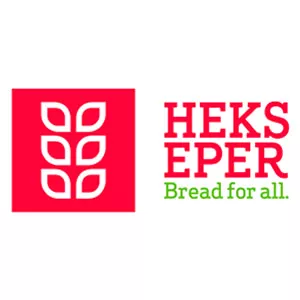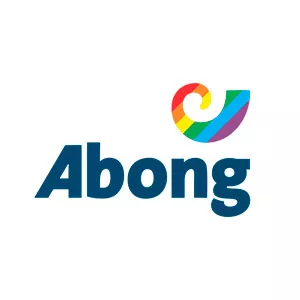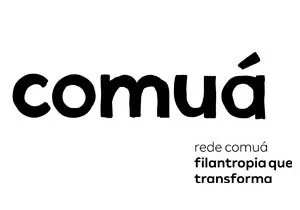09 de March de 2016
[:pb]Ao som de “Maria, Maria” de Milton Nascimento, interpretado pela cantora Tita Alves, a Igreja Presbiteriana Unida do Salvador deu início a Roda de Conversa sobre Gênero, nesta terça feira, dia 08 de março. A Igreja, localizada no bairro do Garcia, abriu mais uma vez suas portas para receber a comunidade. Desta vez, a mulheres da região foram convidadas para refletir sobre a diferenciação entre gênero e sexo, e como essas construções/relações sociais são fortemente mediadas por práticas machistas.
Sônia Mota, diretora executiva da CESE, facilitou a roda e trouxe a reflexão sobre o Dia Internacional de Luta da Mulher e as maneiras habituais de proceder neste dia: “Ganhar flores e sair para jantar não resolve os problemas de violência, de falta de oportunidades e de direitos”. Sônia deu exemplos de como homenagens vazias de felicitações ignoram completamente o significado político e histórico da data, comercializando e propagando estereótipos de gênero.
Além do 08 de março, Sônia analisou como o machismo é alimentado por referências patriarcais, que mantêm desequilíbrio estrutural de gênero, com origem na infância, impondo às mulheres posição de desvantagem. “Desde criança, fomos orientados sobre a utilização de brinquedos de menino e de menina, que os homens são chefes da casa e que as mulheres são responsáveis por cuidar do lar e dos filhos. Características aparentemente naturalizadas, mas que deixam marcas profundas.”
Para Lucy Luz, psicopedagoga e colaboradora da IPU Salvador: “A Roda de Diálogo é de extrema importância não só para as mulheres que atendemos na comunidade, mas também para membros e funcionárias da Igreja. Há muitos casos de violência doméstica e muita delas não têm facilidade de tocar no assunto. Por isso, esses momentos são fundamentais para tirar dúvidas e orientá-las para questões que vão desde a denúncia até a não reprodução da violência com os filhos”.
Assim, a roda apresentou a Lei Maria da Penha – Lei nº 11.340/2006 como um dos instrumentos mais importantes para o enfrentamento da violência doméstica e familiar. Entregou também panfletos com endereços e contatos das delegacias especializadas e instituições que formam a Rede de Atendimento às Mulheres em situação de violência. Mas, apesar da seriedade do assunto, o encontro foi encerrado de forma descontraída, com cantoria da música Maria da Penha, interpretada pela cantora Alcione.
[:]
SEE WHAT THEY SAY ABOUT US
Over these 50 years, we have received the gift of CESE’s presence in our communities. We are witness to how much companionship and solidarity it has invested in our territories. And this has been essential for us to carry on the struggle and defence of our people.
In the name of historical and structural racism, many people look at us, black women, and think that we aren’t competent, intelligent, committed or have no identity. Our experience with CESE is different. We are a diverse group of black women. We are in varied places and have varied stories! It’s important to know this and to believe in us. Thank you CESE, for believing in us. For seeing our plurality and investing in us.
I am a macumba devotee, but I love being with partners whose thinking is different from ours and who respect our form of organization. CESE is one such partner: it helps to build bridges, which are so necessary to ensure that freedom, diversity, respect and solidarity can flow. These 50 years have involved a lot of struggles and the construction of a new world.
When we hear talk of the struggles of the peoples of the waters, of the forests, of the semi-arid region, of the city peripheries and of the most varied organizations, we see and hear that CESE is there, at their side, without replacing the subjects of the struggle. Supporting, creating the conditions so that they can follow their own path. It is this spirit that we, at ASA, want you to maintain. We wish you long life in this work to support transformation.
CESE was set up during the most violent year of the Military Dictatorship, when torture had been institutionalized, when arbitrary imprisonment, killings and the disappearance of political prisoners had intensified. The churches had the courage to come together and create an institution that could be a living witness of the Christian faith in the service of the Brazilian people. I’m so happy that CESE has reached its 50th anniversary, improving as it matures.
You have to praise CESE’s capacity to find answers so as to extend support to projects from traditional peoples and communities, from family farming, from women; its recognition of the multiple meanings of the right to land, to water and to territory; the importance of citizenship and democracy, including environmental racism and the right to identity in diversity in its discussion agenda, and its support for the struggles and assertion of the values of solidarity and difference.






















